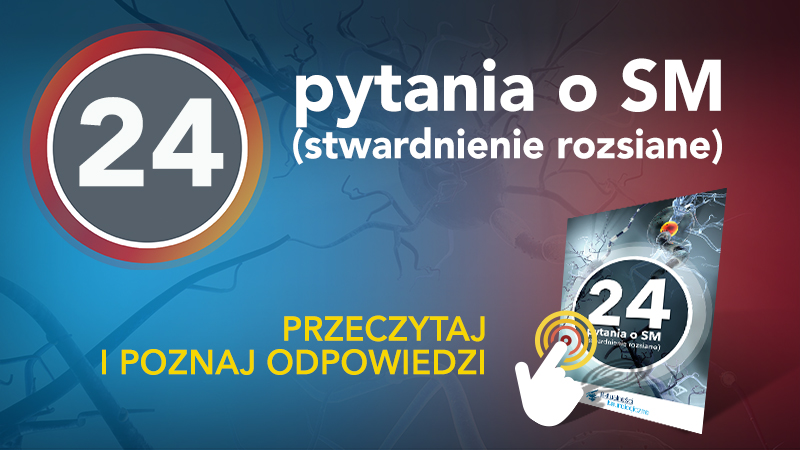Variant Creutzfeldt-Jakob disease: an update
James W. Ironside
 Affiliation and address for correspondence
Affiliation and address for correspondencePrion diseases, a group of infectious, fatal neurodegenerations comprise kuru, Creutzfeldt-Jakob disease (CJD), Gerstmann- Sträussler-Scheinker disease (GSS) and fatal familial insomnia (FFI) in man, scrapie in sheep, goats and mouflons, bovine spongiform encephalopathy (BSE) or mad cow disease and chronic wasting disease in elk and mule deer. Variant Creutzfeldt- Jakob disease (vCJD) is a novel human prion disease caused by the bovine spongiform encephalopathy agent. Most cases have occurred in the UK, with smaller numbers in 11 other countries. In Poland, vCJD has not beet observed. All definite vCJD cases have occurred in methionine homozygotes at codon 129 in the prion protein gene (PRNP). Following oral infection, the vCJD agent replicates in lymphoid tissues during the asymptomatic phase of the incubation period. At present, four probable cases of vCJD infection have been identified following transfusion of red blood cells from asymptomatic donors who subsequently died from vCJD. Recently, one case of likely transmission of vCJD infection by UK Factor VIII concentrates has been reported in an elderly haemophilic patient in the UK. The recent report of a blood test that may be used to detect vCJD has raised the possibility of a new way to identify infected individuals, perhaps even before the onset of clinical symptoms.








